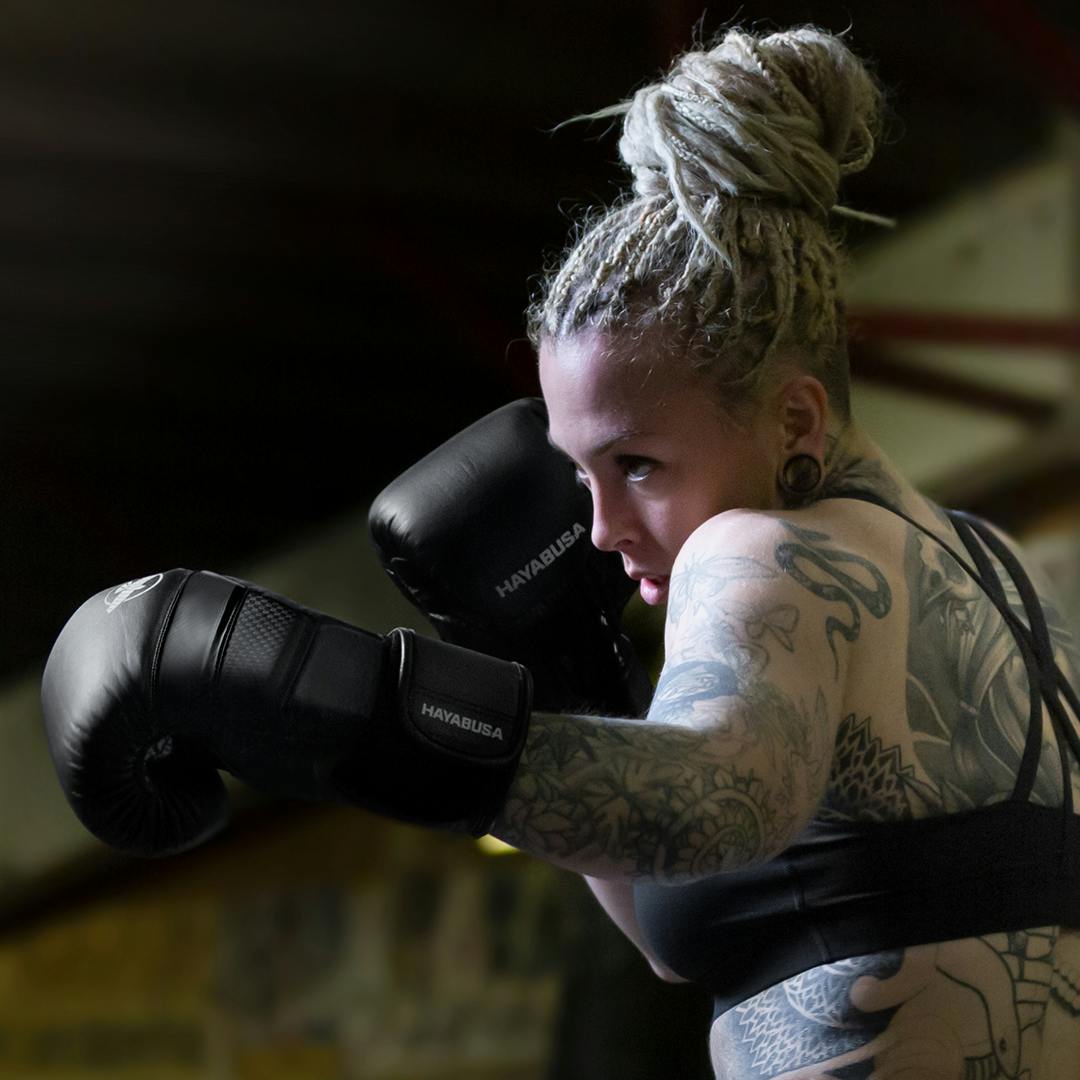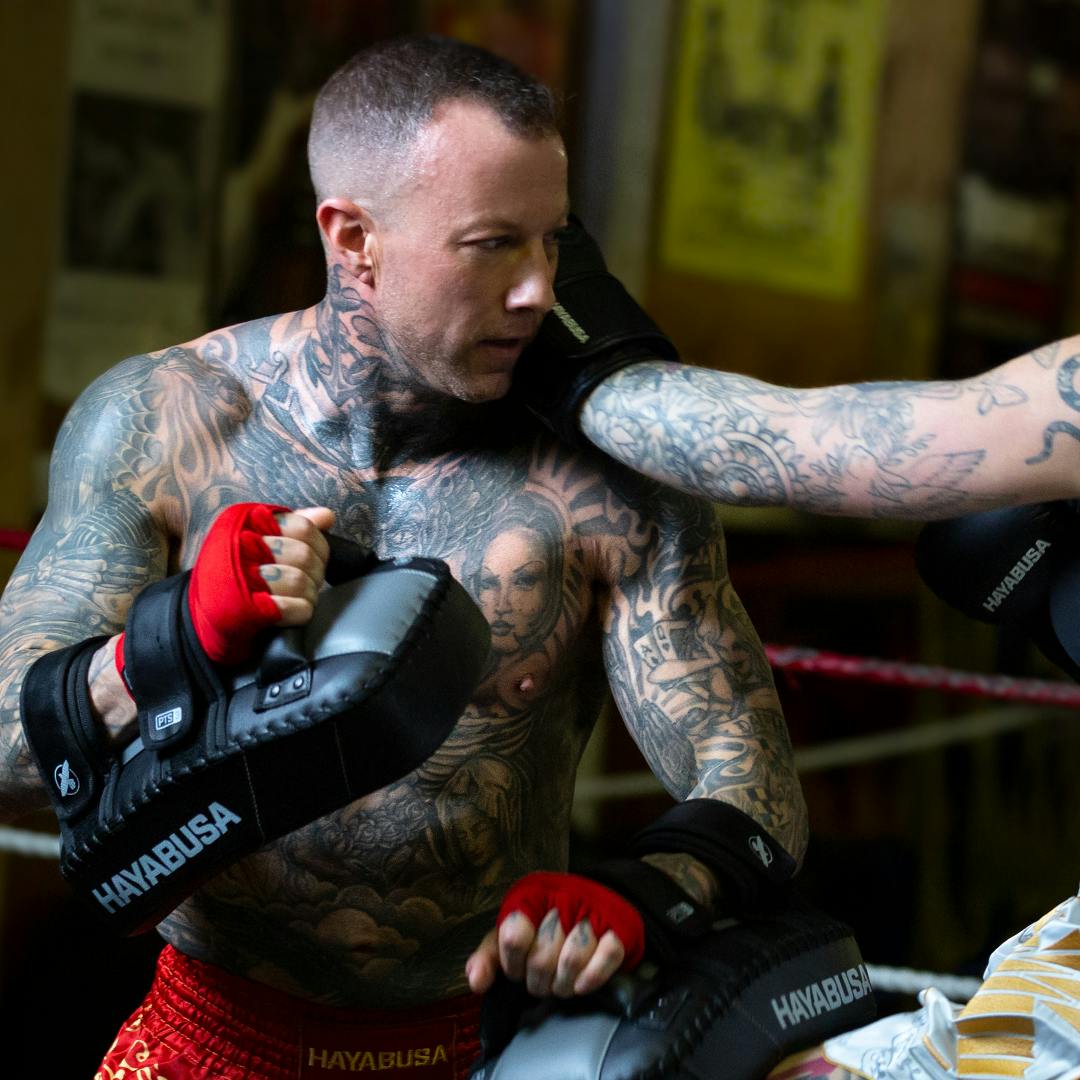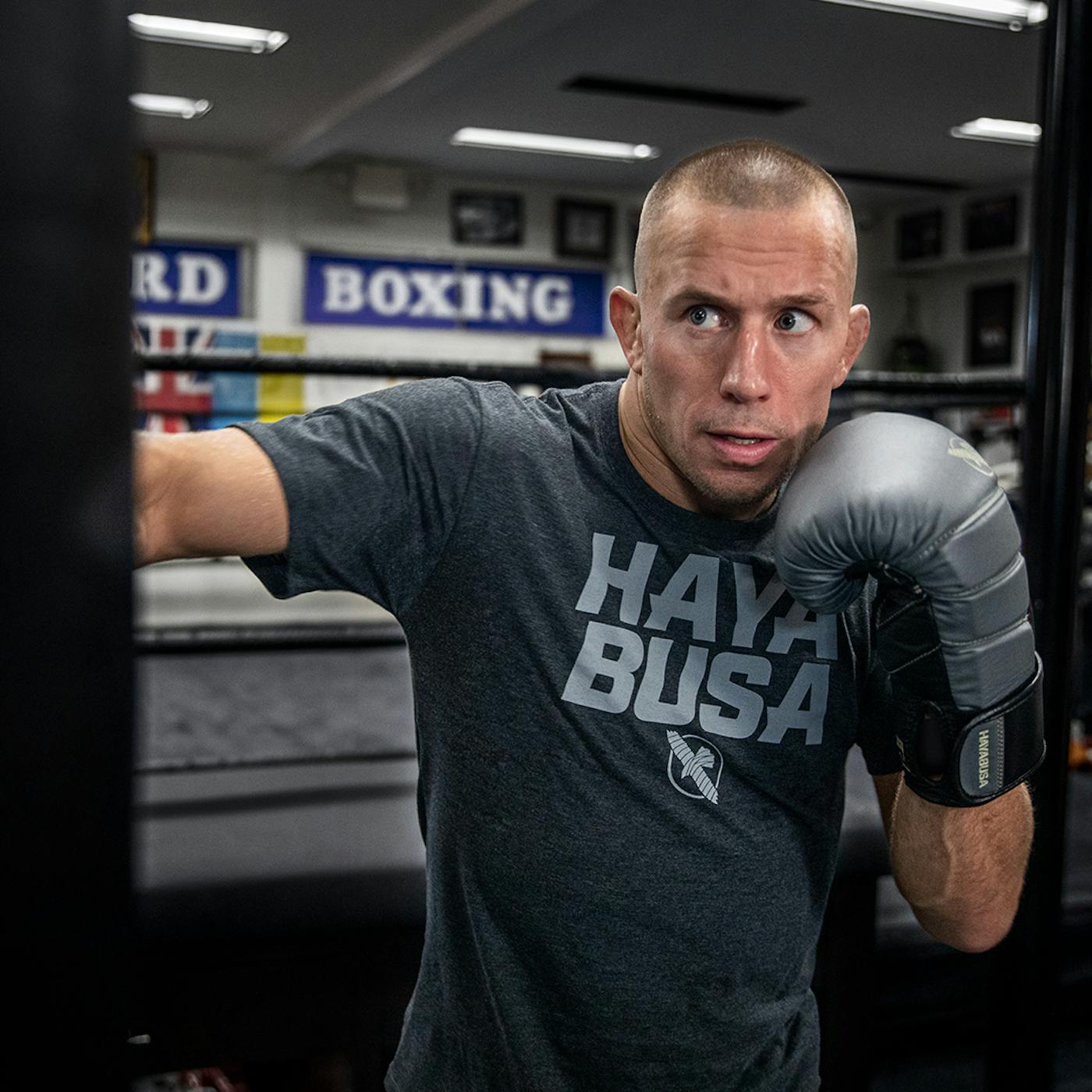The routine of going to the gym, lifting weights and running became mundane to Jo Colette.
On one hand, it was a good thing, especially considering the life she left behind, which included addiction to alcohol and drugs. That exercise routine, which began in 2012, was a healthy one and promoted a much better lifestyle for Colette. Yet, something was missing.
There was no connection.
“I needed a challenge,” Colette said. “Something to excite me and really push me in other ways than the gym could. And having an outlet for some frustrations and aggression that can be channeled into a really positive way through sport was something that really interested me.”
The discipline that caught her attention and resonated within was Muay Thai.
Four years after embarking on a healthier lifestyle, Colette joined a martial arts gym with the intention of trying everything. She was interested in Jiu Jitsu and had plans on trying Krav Maga as well, but it just happened her first martial arts class was Muay Thai. She was immediately enamored by the sport and on a mission to learn more.

Muay Thai gave me discipline.
- Chris Howe

Muay Thai, also known as “The Art of Eight Limbs” or Thai Boxing, had a hold on Chris Howe as well. He, too, battled alcohol and drug addiction and was able to pull himself away from that dependency in 2010. It was a process that took 10 years to finally gain a true level of control. During that time, in an effort to escape those demons instead of facing them head on, he moved several times, living in different countries. After about a year of sobriety, he began his Muay Thai journey in 2011.
“Muay Thai gave me discipline. That was something I really needed in my life as all I knew prior to finding recovery was chaos and survival at any cost,” said Howe, a Captain with the Niagara Falls Fire Department. “My life was completely chaotic and in all honesty, I like chaos, I always have. But controlled chaos was something I had never known. With Muay Thai, I felt that I was able to get discipline, yet still feel the excitement and that adrenaline rush that I was looking for. On the other side of it, I really enjoy being part of something, being part of a gym, part of a team and pushing myself beyond where I thought my capabilities were. It brought me a lot of confidence I was lacking at that time.”

Colette and Howe were on parallel paths from different ends of Canada. Colette left her home in Kingston, Ontario and traveled to British Columbia. It was there her addictions became worse. She was also entwined in a violent, toxic relationship. She knew the life she was living at the time wasn’t going to end well and reached a breaking point. She had to leave it all behind.
And she did, returning to Kingston to truly focus on her craft as a tattoo artist and sobriety.
Meanwhile, Howe was in St. Catherines, Ontario and embroiled in his own battle with addiction. He attended numerous 12 Step program meetings and quit countless times. Unfortunately, he seemed to always backtrack and return to his addictions. It was a day he decided to attempt suicide that changed it all for him. Instead of ending his life, he decided he wanted to live.
The path of the two strangers began to converge once Muay Thai entered their lives. The two talked several times on the phone in 2018 before meeting in person. Both agree, neither were looking for a relationship at the time — and now, here they are. Conquering addiction together and at the same time in their own way.
“I've never had anyone be there for me the way he's there for me,” Colette said. “Even if they had the best of intentions or wanted to or thought they wanted to, no one's been able to execute that properly or be able to relate to me or my past in the way that he has. So the connection through what we've both been through and what we both overcome separately without each other, before we managed to connect, I think is really important. It shows that we both share some of the same values and also some of the same strengths to be able to overcome it without each other first and then be able to support each other throughout the rest of our recovery and lives as healthier, happier, stronger people. But it means the world to me. I've never experienced that with anybody else and having that kind of unwavering support is so invaluable.”
The pair found it easy to talk, share their emotions and just be themselves with each other. There was nothing to hide. Both had similar histories and were progressing toward a brighter future at their own pace.

Needless to say, the connection between the two has been unique.
“Like nothing else,” Howe said. “Honestly, that to me, that's the most important thing about a relationship is you have a teammate there with a special connection that you don't have with anyone else. Jo for me is a godsend. I have my days, I have my moments, like everyone does, she takes everything in stride. She can talk me off the ledge when I need to, she can build me up when I need that. Our mutual respect and care for each other's well being is always first and foremost, so I think for me to have someone like her in my corner, I'm the luckiest guy in the world … it’s a feeling like no other and I couldn't imagine [life] without it.”
Just like in their escape from addiction, the two have traveled similar, but separate paths in Muay Thai. Colette was intrigued by the strength and control she felt in her body. Learning the intricacies of combinations and pushing through physical exertion was also a point of pride for her. As she improved physically, so did her mental health.

Learning about the culture in that aspect has piqued my interest even more
- Jo Colette

“Muay Thai was just a really good fit for me to challenge all of those areas,” she said.
Howe was never into sports as a kid. The extent of his athleticism was found in the time he spent skateboarding.
“Walking through the door of a fight club was something I never thought that I would be comfortable doing. I was really surprised and immediately had that sense of family and belonging,” he said. “It did a lot for my mental health at the time and still does. I continue to learn a lot from Muay Thai and respect for the sport, teammates and culture. Learning that sometimes you win, sometimes you lose. It's all a process and it's a lot of fun, so it keeps me engaged and challenged.”
Howe has traveled to Thailand multiple times since 2011, meeting family there. As he searched for authentic Thai training and culture, he quickly discovered the role Muay Thai plays in the lives of those who are devoted to the martial art. From children to adults, it is deeply woven into Thai culture.
In 2019, the couple went together and trained while they were there. It was an eye-opening experience for Colette.
“We trained in Thailand, which was amazing to see Muay Thai from the roots of where it's born and see kids, little toddlers training better than some adults I see here in Canada,” Colette said. “So learning about the culture in that aspect has piqued my interest even more and the more I learn about the sport, the more I like it and want to continue to learn.”
For Howe, he’s been able to draw on his familial ties to find the answers to questions that delve deeper into the Thai culture.
“I have Thai family who can fill me in on that stuff, which kind of gives me a little bit more ownership to my connection with the sport,” he said.
In similar fashion, the same can be said for the relationship between Jo and Chris. They can rely on each other and draw from their collective strengths and weaknesses, continuing — and owning — their journey through recovery.
Sometimes, life does imitate art.
This is the first of a three-part series on Jo Colette and Chris Howe.


